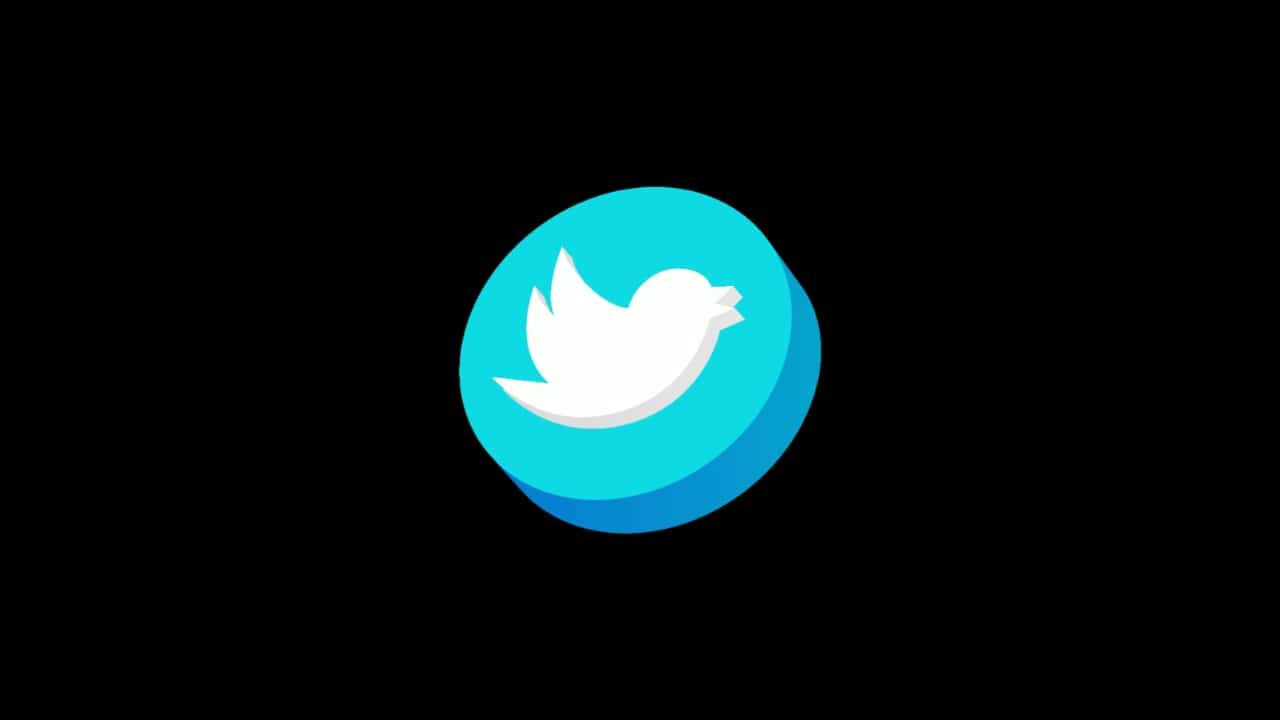
Track competitors on Twitter to improve your business strategy. Twitter remains a major platform with millions of users. Competitor analysis helps you understand audience interests and trends. Monitoring rivals can save time, money, and effort.
Using proper tools reveals content, engagement, and hashtag strategies. Here, I will explain how to track competitors on Twitter effectively.
Benefits of Tracking Competitors on Twitter
Tracking competitors on Twitter provides multiple advantages for businesses. These insights help improve social media strategies efficiently.
Generate Content Ideas
Creating fresh content for Twitter is often difficult. Competitor tweets reveal topics that work with audiences. You can see which formats generate the highest engagement.
This includes text, images, polls, and videos. Observing trends inspires ideas without copying competitors directly. Adapt strategies to create your unique content voice.
Set KPIs and Goals
Tracking competitors helps establish realistic social media goals. You can see how often they post daily. Discover which days generate maximum likes, replies, or retweets.
These insights guide your posting frequency and strategy planning. You can set clear key performance indicators (KPIs) easily.
Save Time and Reduce Costs
Manual competitor analysis is slow and complicated. Outsourcing to agencies costs a lot of money. Tools like NapoleonCat and Circleboom simplify the process.
They generate reports quickly and accurately for any profile. You save effort while gaining comprehensive competitor insights.
Improve Marketing Performance
Observing competitor behavior highlights strengths and weaknesses. You can refine content, hashtags, and engagement strategies. Knowing top-performing posts helps your brand stand out.
Competitor tracking also identifies optimal posting times. It ensures your social media efforts are efficient and targeted.
Tools to Track Competitors on Twitter
Using the right tools is essential to track competitors efficiently. Below are some top tools for Twitter analysis.
NapoleonCat: Advanced Analytics Tool
NapoleonCat helps analyze Twitter profiles in just minutes. You can track each competitor individually or compare multiple profiles.
Features of NapoleonCat:
- Monitor engagement, likes, retweets, and replies.
- Create custom time periods for analysis.
- Compare multiple competitor profiles side by side.
- Generate automatic Twitter reports instantly.
- Schedule posts across multiple platforms efficiently.
With NapoleonCat, you can see which tweets perform best. Sorting by engagement helps plan content that resonates well. This tool provides a clear overview of competitor success.
Circleboom: Smart Search and Audience Insights
Circleboom is a safe and trusted Twitter partner. It allows searching competitors using keywords or hashtags.
Steps to Track Competitors Using Circleboom:
- Log in or create a Circleboom account quickly.
- Connect your Twitter account securely.
- Access “Smart Search” from the dashboard menu.
- Apply filters like verified accounts and follower count.
- Analyze activity, language, location, and join date.
Circleboom shows tweet activity, follower numbers, and engagement rates. You can also filter by language to target audiences specifically. It provides strategic advantage by mapping competitor locations.
Unkover: Automate Competitor Analysis
Unkover helps automate tracking competitor content and engagement. You can identify high-performing content quickly and efficiently. It reduces manual work and saves time. Using automation ensures consistent competitor monitoring for strategy planning.
Key Strategies for Competitor Tracking on Twitter
Analyzing competitor activity involves content, engagement, follower growth, and hashtags.
Content Analysis
Understanding what content works requires careful competitor observation. Examine text, images, videos, polls, and shared articles. Track storytelling style, tone, and branding strategy.
Content Tips:
- Note posts with highest retweets and likes.
- Identify trending topics in your niche.
- Observe which content generates conversation.
Content analysis helps develop your unique voice while staying relevant. Avoid copying; instead, use insights to inspire creativity.
Engagement and Interaction Analysis
Competitor engagement shows how they respond to followers. Track replies, mentions, and direct messages carefully.
Engagement Observations:
- Check if responses are personalized or automated.
- Measure response speed and frequency.
- See if dialogue is encouraged or ignored.
Prompt, consistent engagement builds stronger communities. Learning from competitors helps improve your interaction strategy.
Follower Growth Analysis
Tracking follower trends reveals competitor strategy effectiveness. Observe steady, gradual, or sudden spikes in followers.
Follower Tips:
- Identify posts that attract the most followers.
- Track multimedia, hashtag, and interactive content performance.
- Observe correlation between content type and follower growth.
Understanding follower growth informs your content strategy for better results. Tools like Circleboom provide clear growth charts.
Hashtag Analysis
Competitor hashtags increase tweet visibility and relevance. Monitor hashtags for trends and frequency.
Hashtag Best Practices:
- Track commonly used hashtags by competitors.
- Ensure hashtags match tweet content relevance.
- Avoid overusing or irrelevant hashtags.
Using trending and niche hashtags increases engagement. Circleboom’s Hashtag Generator helps find relevant and popular hashtags.
CTA and Link Analysis
Competitor tweets often contain CTAs or links. Analyze placement and effectiveness for engagement.
CTA Tips:
- Track CTAs like “Shop now” or “Sign up.”
- Observe link types: blogs, landing pages, websites.
- Check which links generate higher engagement.
CTA and link insights guide your strategy for better conversions.
SWOT Analysis
SWOT analysis evaluates competitor strengths, weaknesses, opportunities, and threats.
SWOT Steps:
- Identify strong points like high engagement or creativity.
- Observe weaknesses like inconsistent posting or low quality.
- Spot opportunities to outperform in niche areas.
- Recognize threats like emerging competitors or trends.
SWOT provides a strategic overview to enhance your Twitter strategy.
The Bottom Corner
Tracking competitors on Twitter is essential for business success. Tools like NapoleonCat and Circleboom simplify competitor analysis effectively.
Following these strategies ensures efficient, data-driven Twitter marketing in 2025. Competitor tracking saves time, effort, and maximizes social media results.












